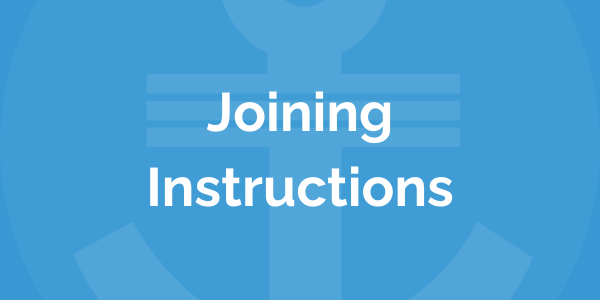Soft skills required by good auditors.
 Karen MacKenzie
·
3 minute read
Karen MacKenzie
·
3 minute read
The thing about auditing is that it takes a confident auditor to do it well; by which I mean to do it professionally and to keep control of the audit at all times. But before I discuss that aspect of auditing, let me do what the philosophers do at the start of a discussion and ‘define my terms’...
[Professional – having great skill or experience in a particular field or activity.]
[Confidence – a feeling of assurance or certainty, especially in oneself and one's capabilities.]
And, I do not mean or include arrogant in this [arrogant – excessively convinced of one’s own importance]. In fact a little humility is a great attribute in an auditor [humility – lack of pride; modestly.]
To be a good risk based auditor takes many attributes, not least confidence. The thing about auditing is the ability to manage other peoples’ insecurities, and the audit, with confidence. Auditors are required to keep control of an audit at all times and the balancing act of being assertive to keep control, and not being arrogant, is a spectacular attribute in an auditor (and to be honest, in life).
Don't take it personally
Balance – emotional equilibrium – is to be desired at all times in auditing. Auditing is not personal, we audit systems and processes and apply reasoned judgement with due care, and present the findings with fairness, honesty, integrity, and in a helpful manner, to add value to a management system. Confidence is an expression of the principles of auditing and the characteristics of a good auditor (you may like to read more about this in ISO 19011:2011 – Guidelines for Auditing Management Systems, pages 4, section 4 – Principles of Auditing and pages 25-26 section 7.2.2 - Personal Behaviour).
Of course, confidence comes from knowing your subject and from experience, but it also comes from knowing your limitations. It comes from self-awareness of how you and your behaviour impacts on other people and the potential ‘fall out’ from that, and acting accordingly with moderation.
It's not just a 'means to an end'
We auditors are collectors; we collect evidence – and verify the relevance and accuracy of it to determine if we have sufficient, valid, reliable evidence to compare and contrast with audit requirements within defined spheres of operation (scopes). We review the findings of this process with that honed, reasoned judgement, and present it back to the auditee fairly, accurately, and considerately; in a way that demonstrates that we know what we are doing and whereof we speak. Importantly, however, this is all done with a view to arriving at a positive outcome with some direction for going forward. Even if we tell someone of many areas of non-conformance, hopefully we explain the hows, whys and wherefores, to allow prioritisation of actions and the most cost and time effective remediation of the identified non-conformances.
Take time to explain the requirement of a set of audit criteria and the evidence collected. Demonstrate the gap between the two, and the possible consequences to the business of that gap existing. This is the essence of professional behaviour. It is the expression of a confident auditor drawing on their skill, training and experience expressed within their personal behaviours of diplomacy, open mindedness, self-reliance, cultural sensitivity, and acting with fortitude (or as expressed in ISO 17021 – ‘morally courageous’).
You can make a difference
To be a good auditor is an aspiration [a strong desire for high achievement] – certainly an aspiration of mine, because so many lives and futures could depend on the outcome of an audit. The consequences of withdrawn certification or a resulting overspend to fix poorly identified non-conformances – there is a great deal of responsibility resting on audit decisions! Therefore they have to be of the highest calibre. Lack of confidence when faced with such responsibility has been a rock on which many new auditors have foundered. Personally I would like to see new auditors start their career in the care of experienced auditors who would guide them through their first audits – perhaps they should have a provisional card like drivers who have passed their test have a ‘P plate’ on their car, to let the rest of us know they have passed the test but are finding their feet, developing their confidence up to a level matching their skill.
As auditors we will make mistakes and we need to be honest about that – but we can use them to learn and go forward. I like Billy Joel’s saying: “Mistakes are the only thing you can truly call your own”!
Conclusion
Practise, coaching, mentoring, training, standardisation meetings and their resultant actions; reflection on one’s own performance, lessons learned; peer review and on-going study – these are all part of an auditor's professional development, and all contribute to the making of a confident auditor.
Above all... listen! [Auditor – one who hears, a listener]
That’s the thing about auditing – you need to do so many things well…
If you missed the earlier 3 parts of this series, you can read more about the many things a good auditor does well through the following links:


